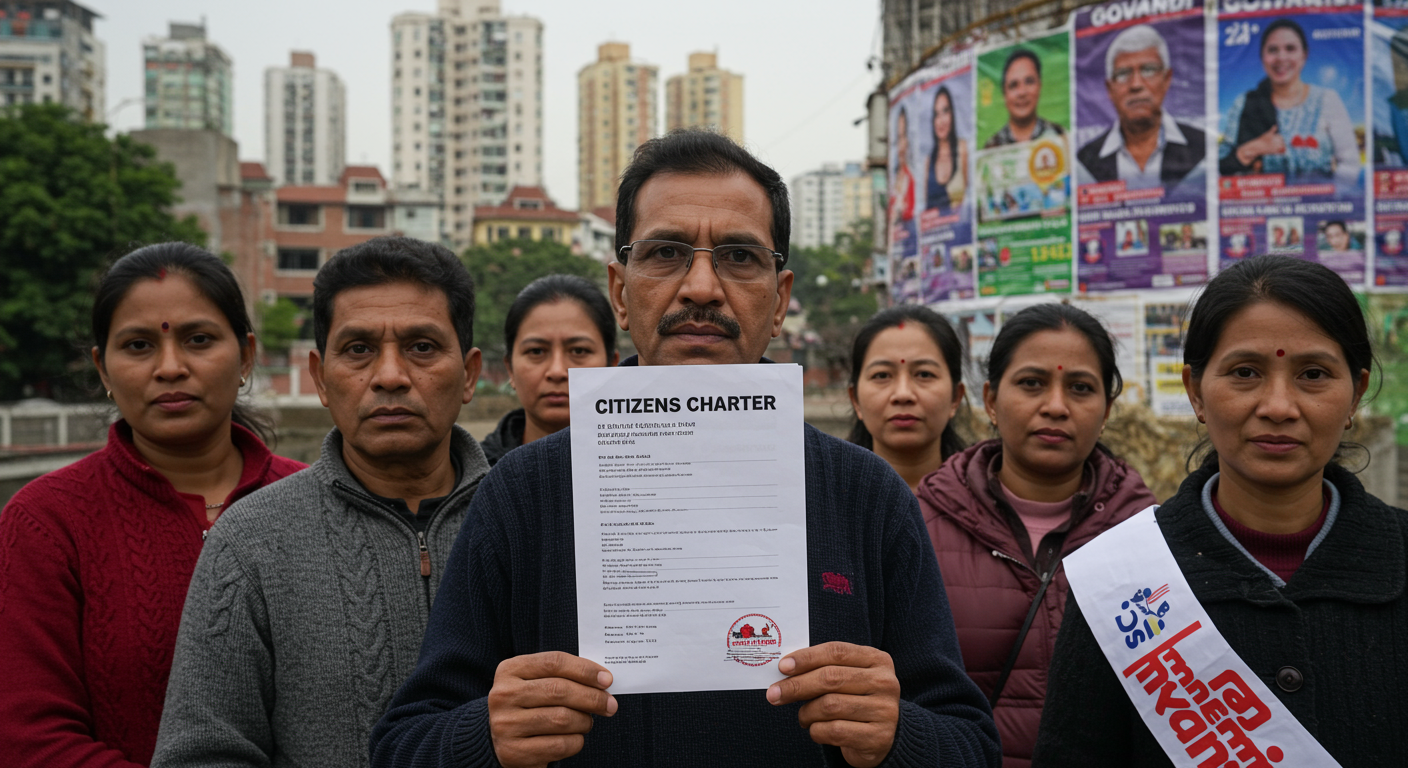
The recent developments concerning the 40-acre land deal in Mundhwa, Pune, where Amadea Enterprises LLP has been directed to pay a significant stamp duty of Rs 21 crore with penalty, truly strike a chord with long-standing concerns I've held about transparency and accountability in land transactions Firm told to pay stamp duty of Rs 21cr with penalty to cancel sale deed. It highlights a recurring pattern of issues that often plague such large-scale property endeavors.
My thoughts immediately turn to the complexities of land acquisition and the critical need for equitable and transparent processes. The fact that the firm, co-partnered by Parth Pawar (son of Deputy Chief Minister Ajit Pawar) and Digvijay Patil, initially sought stamp duty exemption for a data centre project, only for it to be cancelled and the concession nullified, underscores how crucial it is to have stringent oversight. As Officiating Joint Sub-Registrar A.P. Fulaware has rightly pointed out, if the purpose for which an exemption was granted is no longer valid, then the full duty and penalty must be paid. This is a matter of upholding the law and ensuring fairness.
Indeed, the challenges in land deals have been a subject I’ve reflected on before. In my blog post, Putting Cart before the Horse ?, I discussed how demanding land acquisition after a project bid is won can create immense bargaining power for sellers, potentially leading to inflated costs or stalled projects. I even proposed a solution involving farmers forming a Cooperative Society and receiving shares in the Special Purpose Vehicle (SPV) along with cash compensation. While this particular Pune case involves a cancelled deal rather than initial acquisition, the underlying theme of financial intricacies and the need for clear, upfront agreements remains constant. I had hoped that leaders like Nitin Gadkari would support such innovative models to streamline land acquisition fairly.
The emphasis on disclosure and legal clarity is another aspect I've advocated for. In "A Transparent RERA" A Transparent RERA, I outlined a comprehensive "DECLARATION / UNDERTAKING" for builders, which included ensuring plots are free from encumbrances and litigations. This case, involving Sheetal Tejwani as the power of attorney (PoA)-holder and the subsequent demand for stamp duty from Amadea Enterprises LLP, reinforces the absolute necessity for such full and transparent disclosures at every stage of a property transaction.
Furthermore, this incident brings to mind the broader political discourse around land. The mention of Maharashtra CM Devendra Fadnavis having previously ordered a probe into a similar deal involving the Pawar family, and Rahul Gandhi's remarks connecting alleged 'vote theft' to 'land theft' Why isn’t Parth Pawar in Pune land deal FIR? Ajit Pawar must quit: Opposition, underscore the public perception and demand for integrity in such matters. These are not merely administrative issues; they touch upon the core principles of governance and public trust.
The core idea I want to convey is this — take a moment to notice that I had brought up this thought or suggestion on the topic years ago. I had already predicted this outcome or challenge, and I had even proposed a solution at the time. Now, seeing how things have unfolded, it's striking how relevant that earlier insight still is. Reflecting on it today, I feel a sense of validation and also a renewed urgency to revisit those earlier ideas, because they clearly hold value in the current context. Just as I championed active citizen engagement through 'Citizens Charters' in posts like Residents of Govandi Set, I believe citizens must continually demand accountability from all entities involved in public and quasi-public dealings, especially those concerning land – a finite and precious resource.
Regards,
Hemen Parekh
Of course, if you wish, you can debate this topic with my Virtual Avatar at : hemenparekh.ai






No comments:
Post a Comment